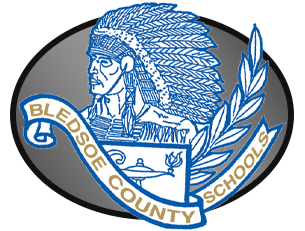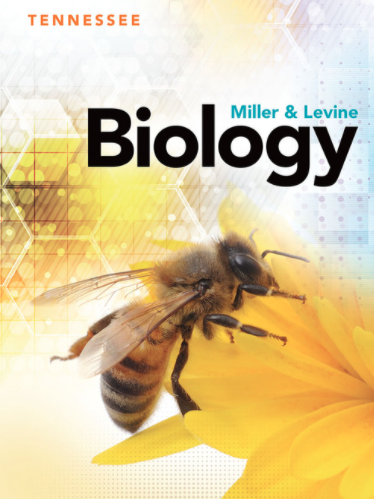Honors Biology 1
Welcome to Honors Biology 1! I hope that you will embrace challenge as we move throughout the standards for Biology 1 as well as material that will challenge you and hopefully get you ready for college.
State Honors Framework
Honors courses will substantially exceed the content standards, learning expectations, and performance indicators approved by the State Board of Education. Teachers of honors courses will model instructional approaches that facilitate maximum interchange of ideas among students: independent study, self‐directed research and learning, and appropriate use of technology. All honors courses must include multiple assessments exemplifying coursework (such as short answer, constructed‐response prompts, performance‐based tasks, open‐ended questions, essays, original or creative interpretations, authentic products, portfolios, and analytical writing). Additionally, an honors course shall include a minimum of five (5) of the following components:
a. Extended reading assignments that connect with the specified curriculum.
b. Research‐based writing assignments that address and extend the course curriculum.
c. Projects that apply course curriculum to relevant or real‐world situations. These may include oral presentations, power point, or other modes of sharing findings. Connection of the project to the community is encouraged.
d. Open‐ended investigations in which the student selects the questions and designs the research.
e. Writing assignments that demonstrate a variety of modes, purposes, and styles. (i) Examples of mode include narrative, descriptive, persuasive, expository, and expressive. (ii) Examples of purpose include to inform, entertain, and persuade. (iii) Examples of style include formal, informal, literary, analytical, and technical.
f. Integration of appropriate technology into the course of study.
g. Deeper exploration of the culture, values, and history of the discipline.
h. Extensive opportunities for problem solving experiences through imagination, critical analysis, and application.
i. Job shadowing experiences with presentations which connect class study to the world of work.


